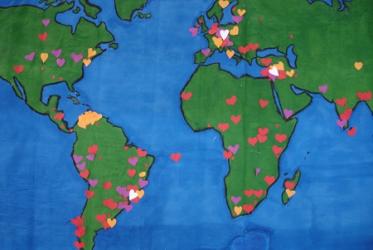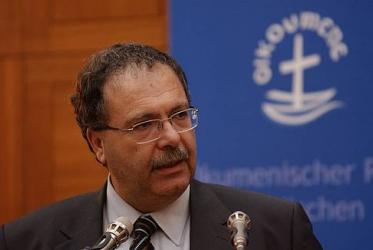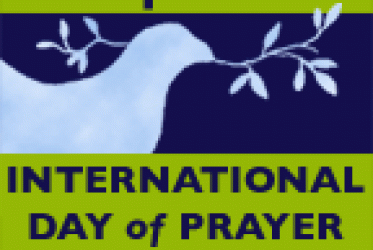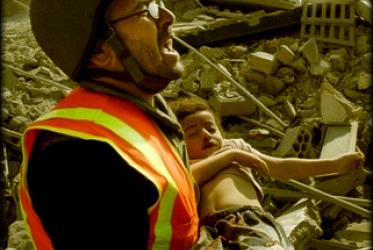Displaying 2981 - 3000 of 3203
05 September 2006
World churches' plea for Sri Lanka: "resume peace negotiations"
05 September 2006
WCC seeks end to extrajudicial killings in the Philippines
05 September 2006
"Take risks to welcome the stranger," Kobia appeals
31 August 2006
Kobia calls for comprehensive response to Middle East crisis
31 August 2006
World church leaders call for end to violence in Middle East
08 August 2006
Korean missiles launch: WCC writes to churches
07 July 2006














